By Amina Ojelabi
The Secretary of the National Association of Government Approved Freight Forwarders (NAGAFF), Emeka Nwosu, has accused the Nigeria Customs Service and the Federal Government of worsening the country’s economic situation through what he described as reckless and inconsistent trade policies.
Speaking during an exclusive interview, Nwosu stated that Nigeria’s freight forwarding industry is under intense pressure due to policy inconsistencies, overlapping functions of government agencies at the ports, and unchecked interference by the Customs Service.
He noted that before the emergence of NAGAFF 25 years ago, the freight forwarding industry lacked proper structure and direction, but added that things have since worsened with the rise in regulatory interference and multiplicity of agencies.
He accused the Nigeria Customs Service of operating outside the limits of the law, particularly the Customs and Excise Management Act (CEMA), and said they have assumed the role of policy makers instead of mere implementers.
“Customs does not make policies. They are meant to implement policies made by the Federal Government. But today, they are operating outside the law. They introduce changes without due process and enforce them in ways that are hurting the economy,” Nwosu said.
He lamented that overlapping duties by various government agencies have made the port environment cumbersome, expensive, and inefficient. According to him, several agencies now perform the same functions, resulting in delays and increasing the cost of clearing goods.
“The presence of too many agencies has created confusion. Each agency is trying to outdo the other, and in the process, importers and freight forwarders suffer the most. This ultimately affects ordinary Nigerians who buy these goods in the market at inflated prices,” he said.
He cited the frequent fluctuation of exchange rates as one of the biggest challenges confronting importers. Nwosu explained that many importers obtain Form M at a specific exchange rate, only to face a much higher rate by the time their goods arrive and are declared for clearance.
“Someone imports at ₦1,200 to a dollar, but by the time the goods land and are ready for clearance, the rate has jumped to ₦1,600 or ₦1,700. This kills the business. No one can plan under such unpredictable circumstances,” he said.
Nwosu argued that while the Central Bank of Nigeria (CBN) is responsible for exchange rates, the Customs Service enforces the prevailing rate at the point of declaration, without considering the time gap between procurement and clearance.
He called for the stabilisation of the exchange rate to enable traders forecast and plan their business effectively.
On the African Continental Free Trade Area (AfCFTA), Nwosu said Nigeria is not ready, describing the agreement as a good policy being undermined by poor infrastructure, policy inconsistency, and lack of technological readiness.
“We signed AfCFTA without adequate preparation. How many roads do we have? What is the state of our logistics network? Where is the single-window platform? Nigeria is not ready, and if we don’t fix these issues, we will continue to be on the losing side,” he said.
He also reaffirmed that NAGAFF played a key role in the establishment of the Council for the Regulation of Freight Forwarding in Nigeria (CRFFN), noting that despite criticisms, the council was birthed through the lobbying efforts of NAGAFF.
On the ongoing legal battle involving CRFFN and some stakeholders, Nwosu declined to speak in detail, citing the matter as sub judice.
He however called on freight forwarders to support indigenous reforms such as the Unified Customs Management System (UCM) and the newly introduced BOUDU platform, which he described as steps towards trade automation.
According to him, the B’ODOGWU platform, despite its early-stage technical challenges, represents a move towards eliminating human interference in cargo clearance and enabling a smoother, digitalised process.
He urged stakeholders to embrace the changes and prepare themselves for technology-driven trade, warning that those who fail to adapt will be left behind.
Nwosu concluded by calling on the government to shift focus from revenue generation to true trade facilitation, saying unless this happens, Nigeria will continue to grapple with high inflation, port inefficiencies, and economic instability.

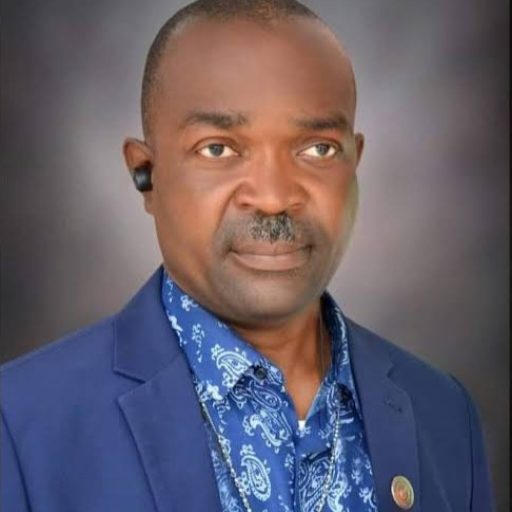
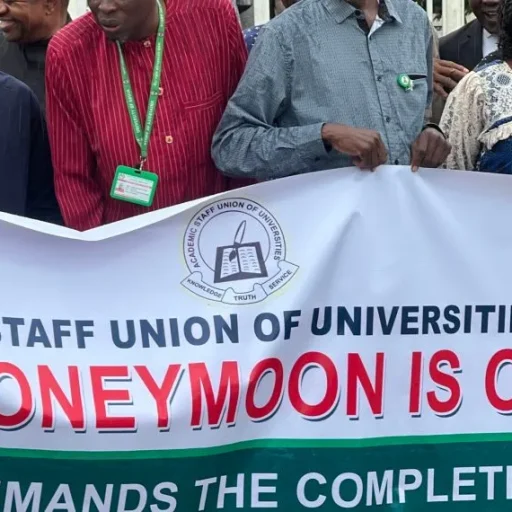
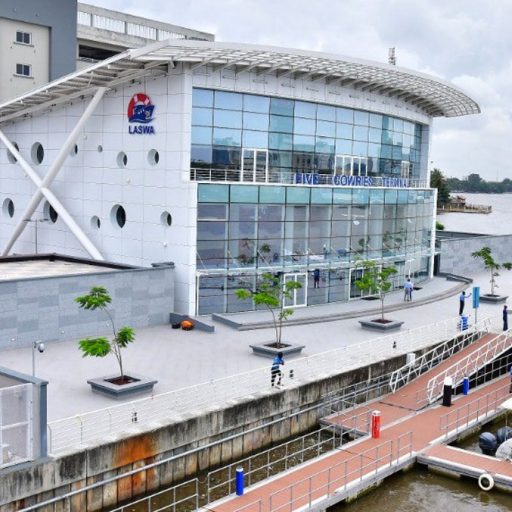
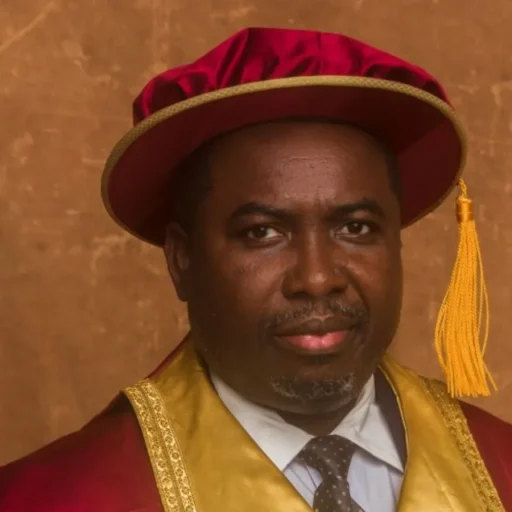

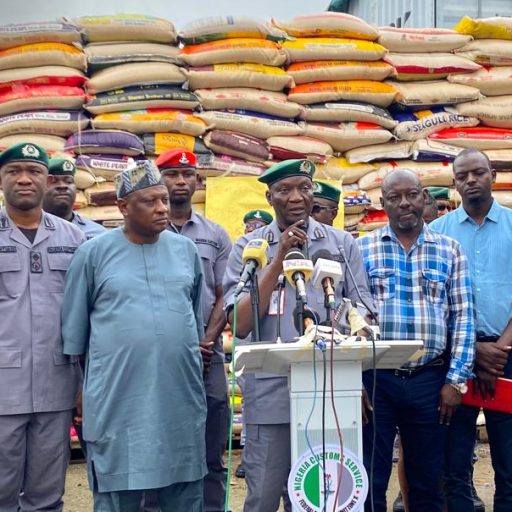
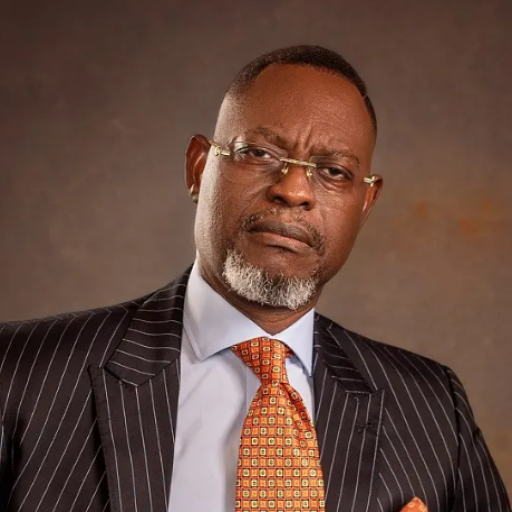


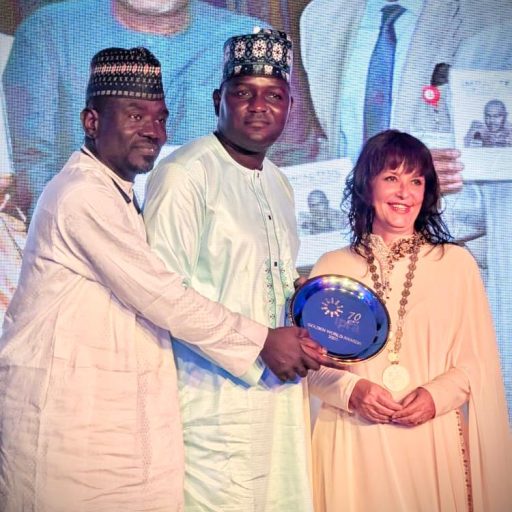
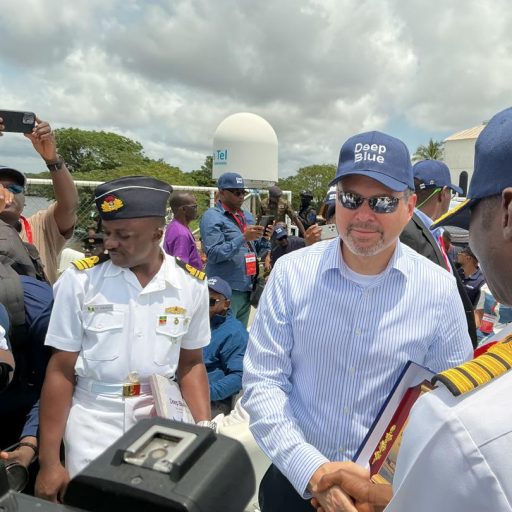
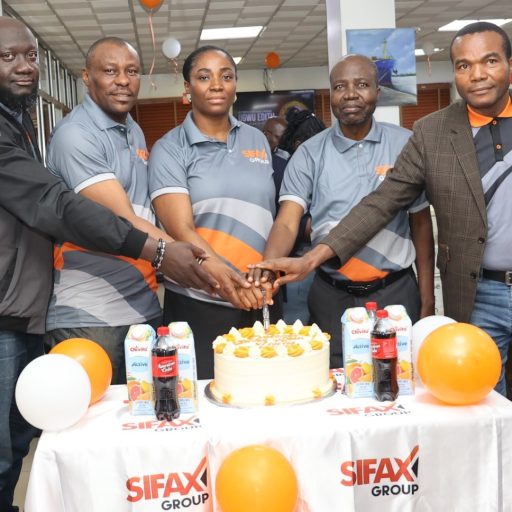
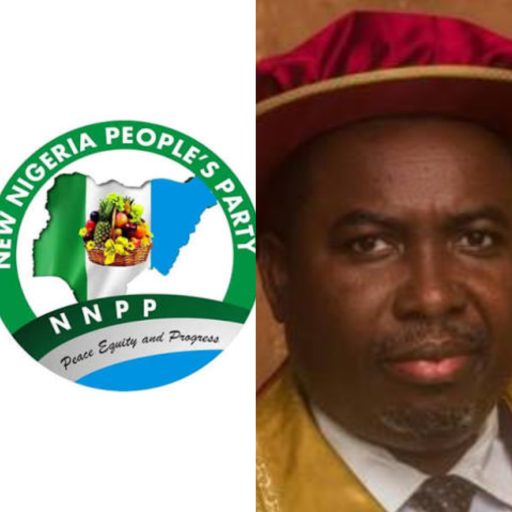
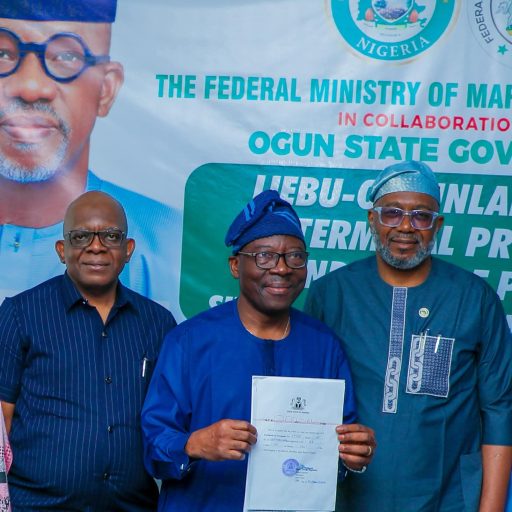
Ben Uche Ndee
While aligning myself with NAGAFF SECGEN Comrade Godfrey Emekà Nwosu on factors militating against smooth trade facilitations accross out Ports and international
gateways,may i equally question why an importer is compelled to clear his
cargo at an exchange rate imposed
by Customs and at variance with that
with which he opened his Form M.
Revenue TARGET for Custom has
taken precedence over genuine trade
facilitation as against WCO and WTO
statutes two world bodies presently
headed by CGC WALE ADENIYI AND
PROF.NGOZI OKONJO IWEALA –
hence incumbent on Nigeria not only
to conform to international best
practices but enforce it here for
other countries to emulate.
Comrade Ben Uche Ndee RFF
Emeritus PG & BOT
ASIMPIN/ NCMDLCA